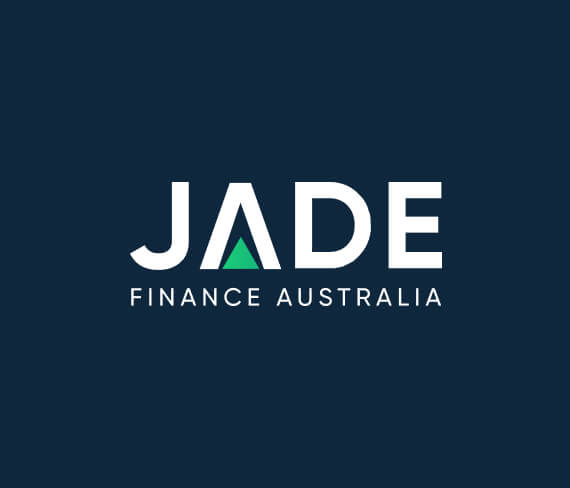The end of the financial year can be a significant time for reflection, review and occasionally regret business owners. By 30 June, it’s usually too late to affect any measures to reduce the tax obligation for the current financial year. But it is time to put into effect measures and strategies to optimise the outcomes for the new financial year. The usual business costs and operating expenses are generally considered as tax deductions, subject to ATO rulings of course. But business owners can also derive significant tax benefits through specific acquisitions and specifically how those acquisitions are financed.
Over the past 18 months, the big talk around business tax benefits has been focussed on the accelerated asset depreciation measures of Instant Asset Write-Off and temporary full expensing. IAWO was introduced as an initial stimulus measure re the coronavirus and then expanded, extended and morphed into temporary full expensing. TFE was announced in the October 2020 budget and further extended in the May 2021 announcement of the 2021/22 Federal Budget.
These measures have been promoted heavily by Treasurer Josh Frydenberg as major benefits for business and also by lenders such as Jade Finance as well as manufacturers and dealers of cars, vehicles, trucks, business equipment, plant and machinery.
The tax benefits to be realised through temporary full expensing can be significant as the full purchase price of the asset can be deducted as a business cost in the year of purchase. This compares very favourably to the usual tax ruling which only allows for a small percentage of the value to be deducted each year over many years. The exact scheduling dependent on what is being purchased.
But these measures only realise a tax deduction on depreciable assets. That means the asset – vehicle, truck or equipment, must be subject to depreciation. Not all finance facilities actually allow for the asset to be depreciated. In fact, Car Chattel Mortgage is considered the choice of finance for businesses looking to take advantage of temporary full expensing.
So what is there on offer for businesses that do not consider Chattel Mortgage as the appropriate choice of loan for their operation?
Tax Effective Finance
If Chattel Mortgage is not for you, there are other tax-effective finance products available. In fact, all business finance products include a tax-deductible element. For a start, the interest charged on asset acquisition loans is tax-deductible. Differences exist across the loan selection in regard to the deductibility of loan repayments.
With Chattel Mortgage the full repayment is not tax-deductible, only the interest portion is. The main tax deduction comes from depreciation, as explained above. With this form of finance, the borrower takes ownership of the asset so it is listed in the balance sheet as an asset or liability and therefore can be depreciated.
But for businesses that do not want the significant cost of equipment or vehicle purchases appearing on their balance sheet, there are alternatives such as Car Leasing and Rent to Own. Having a significant asset/liability on the balance sheet can be seen as a downside in some circumstances. As an alternative, Leasing and Rent to Own are known as off-balance sheet finance as the borrower does not take ownership at the time of purchase. The ownership is retained by the lender. No ownership means no need to list it in your business accounts. This is seen by some as improving the appearance of the balance sheet, which can be advantageous for some businesses.
But no balance sheet entry means no depreciation. No worries. The tax-deductible element of off-balance sheet finance comes by way of the tax-deductible repayments. The entire amount of the monthly finance payments is treated as an operating expenditure and as such a tax deduction.
A business using this type of finance realise a tax deduction of 12 x monthly payments each year. Under normal ATO rulings (outside of accelerated asset depreciation measure timeframes) this may be comparable to depreciation realised through Chattel Mortgage.
GST is also treated differently but is never charged on interest. With Leasing and Rent to Own, GST is applied and claimed on the monthly payment (ex interest). With Chattel Mortgage the entire GST is claimed straight after purchase, on the next BAS. So no GST is applied to repayments.
All these finance products have GST applicable and claimable by businesses registered for GST, but with differing treatments.
Resetting for the Future
If you’re going through more regret than reflection at EOFY, then refinancing could be an effective strategy to reset your business for the new financial year. Refinancing with a more effective finance solution to your current loans could be considered to achieve:
- Lower interest rate and as such lower interest paid over the term of the loan.
- Lower monthly repayments to work with changed business circumstances.
- Better loan conditions than a current no doc car loans, low doc or bad credit finance deal.
- A more tax-effective finance outcome.
Involving your accountant or tax agent is highly recommended in all financial decisions. Your Jade Finance consultant can then pursue finance solutions structured and negotiated to specifically meet your objectives. Solutions that will realise the tax outcomes and growth prospects anticipated for your business. Alternatively, you may like to utilise our car finance repayment calculator to receive the best lending options currently available Australia wide.
To discuss tax-effective lending solutions for your business, contact 1300 000 008
DISCLAIMER: NO LIABILITY IS ACCEPTED IF ERRORS OR MISREPRESENTATIONS ARE FOUND IN THIS ARTICLE. THE ARTICLE IS PREPARED AND PRESENTED FOR GENERAL INFORMATIVE PURPOSES AND IS NOT INTENDED TO BE THE SOLE SOURCE OF INFORMATION FOR MAKING FINANCIAL DECISIONS. THOSE REQUIRING GUIDANCE AND ADVICE SHOULD CONSULT A FINANCIAL ADVISOR.
